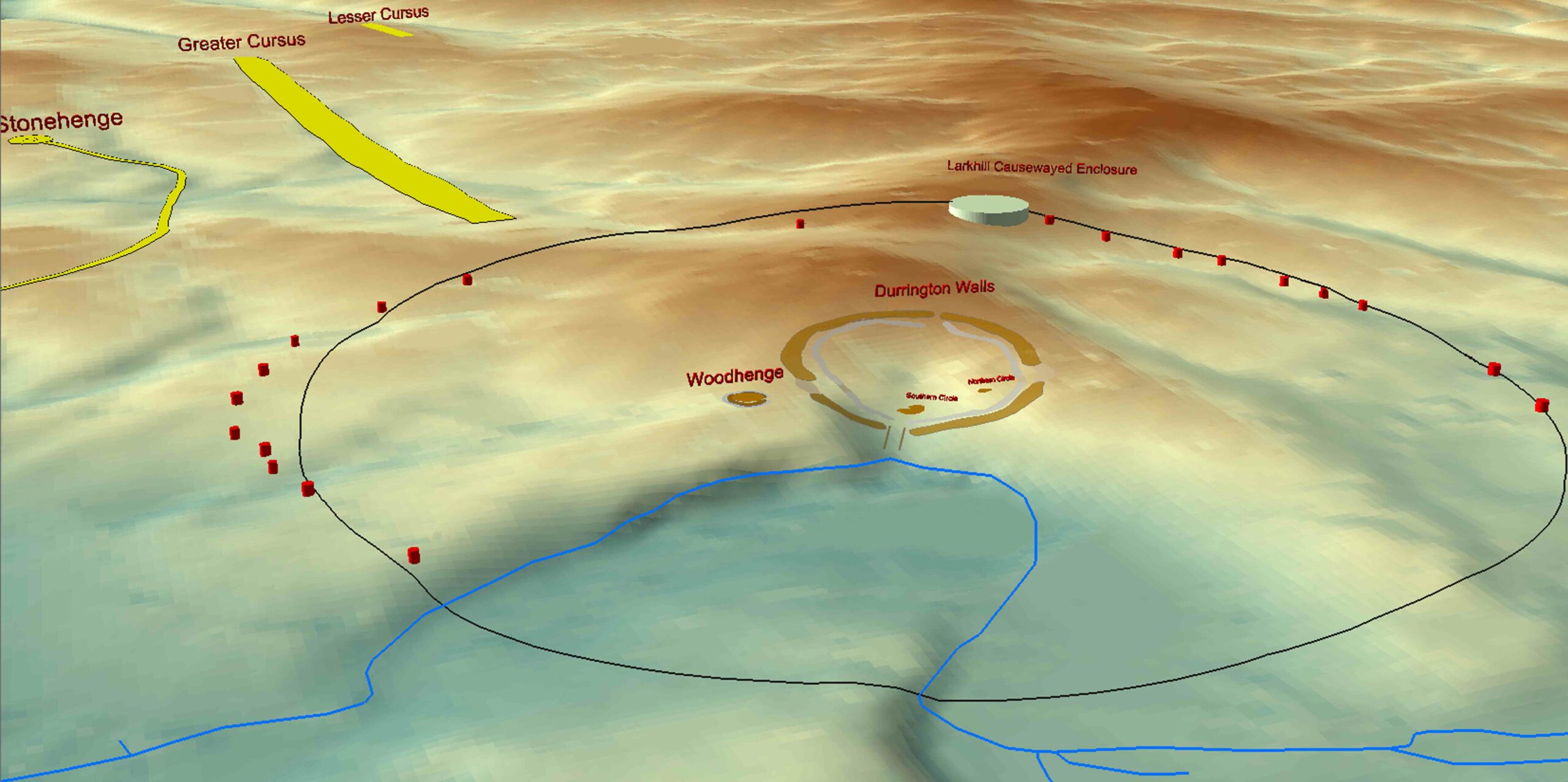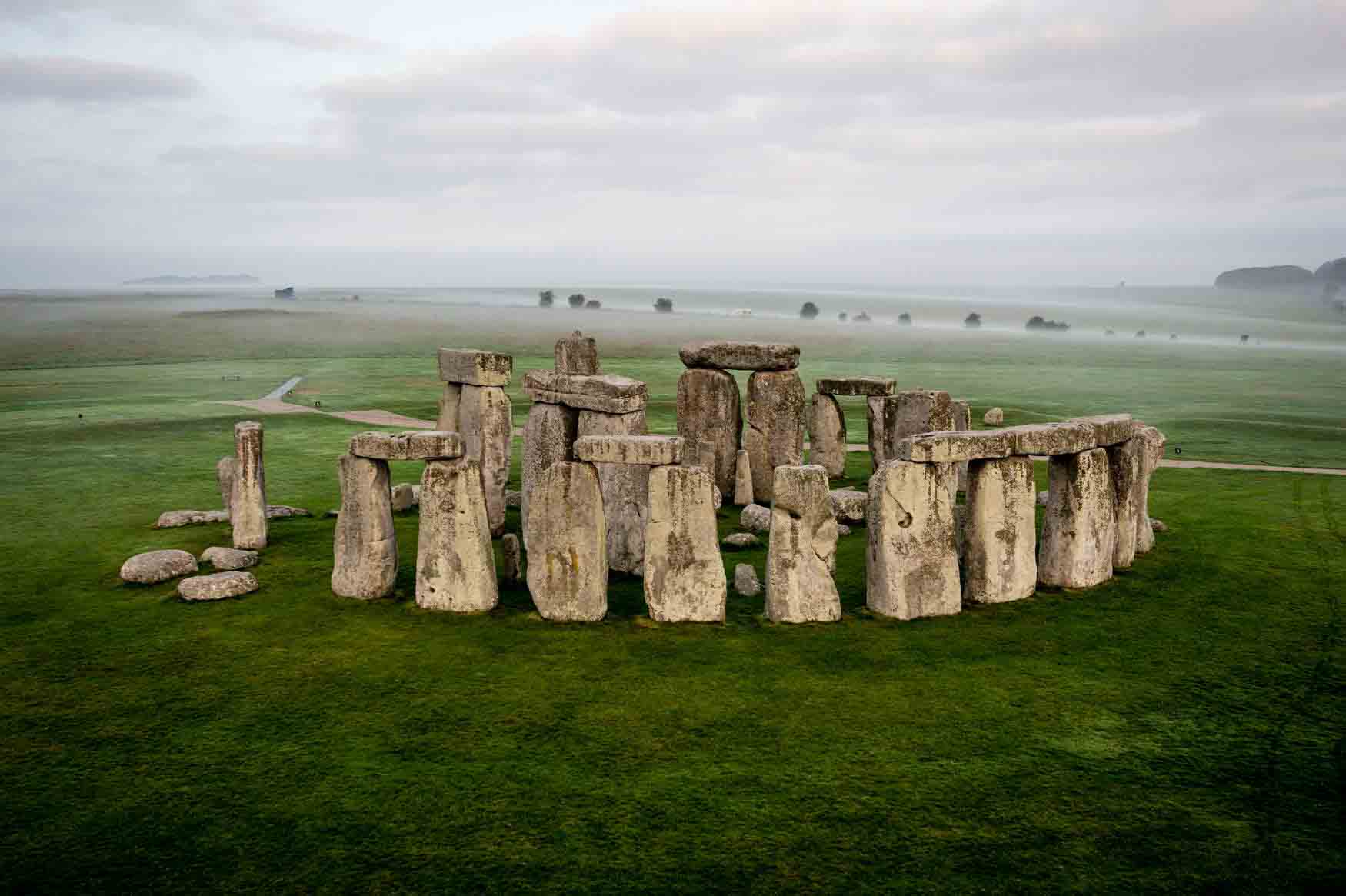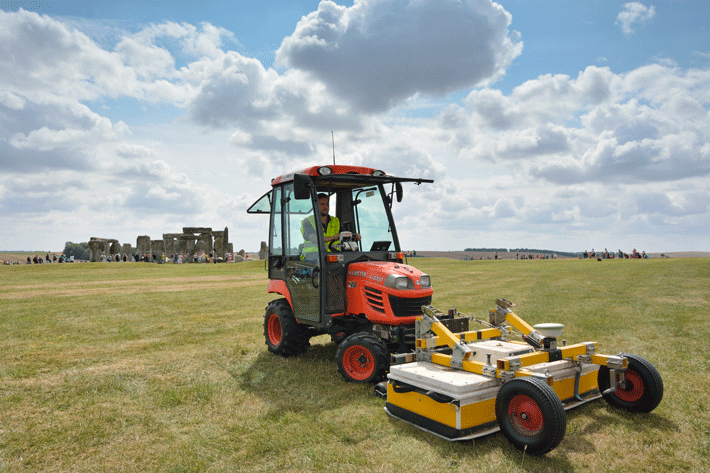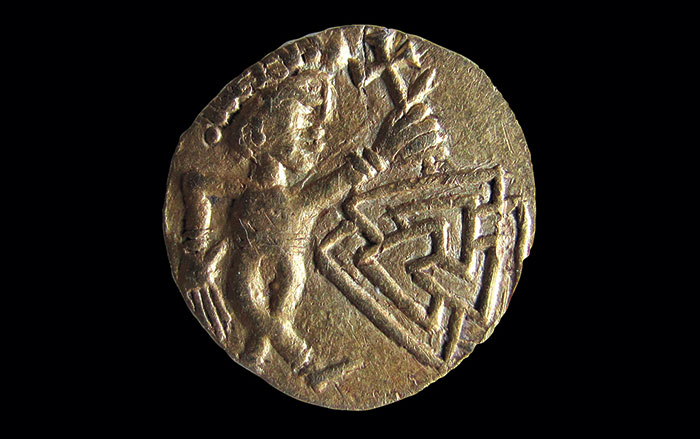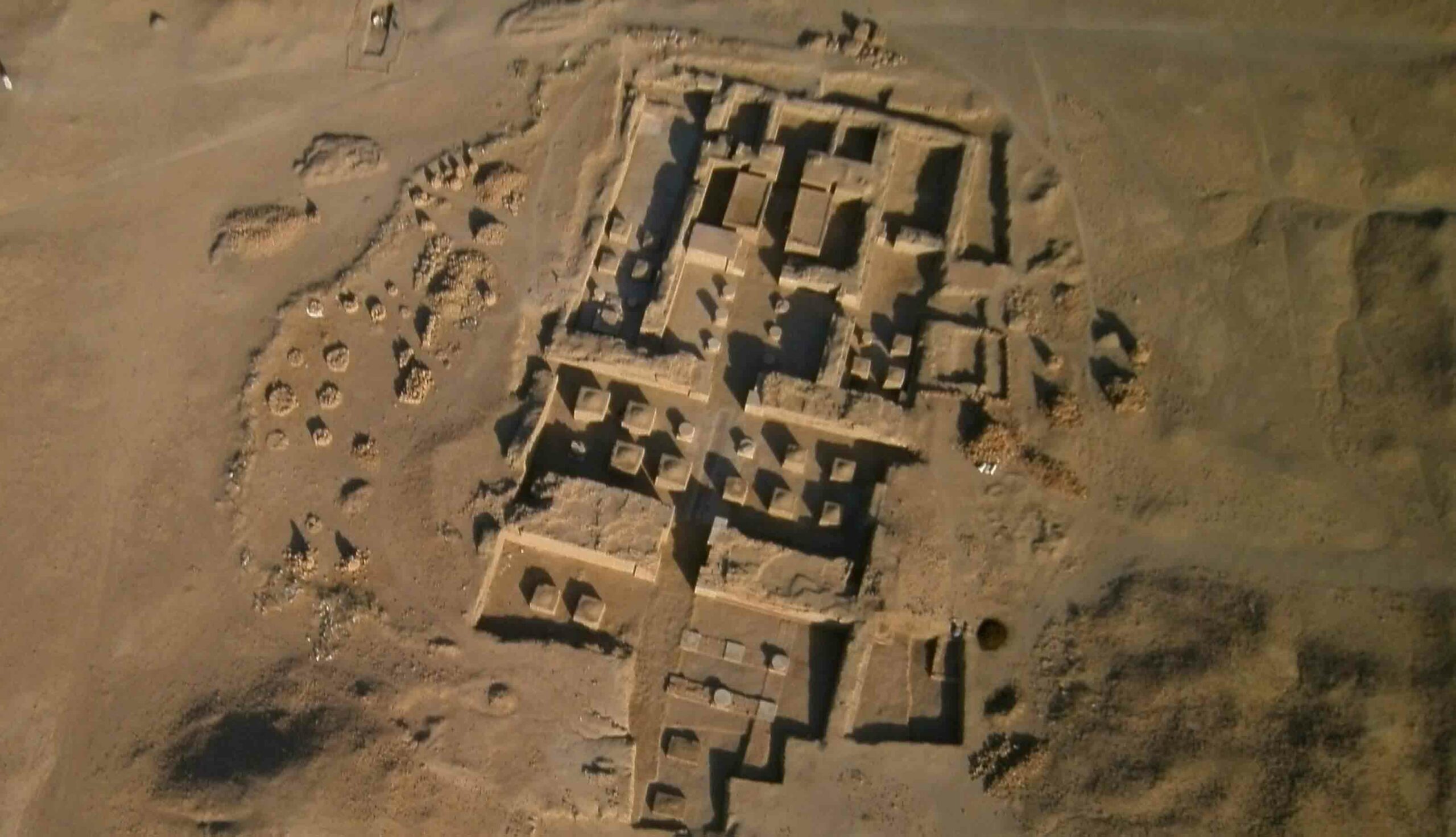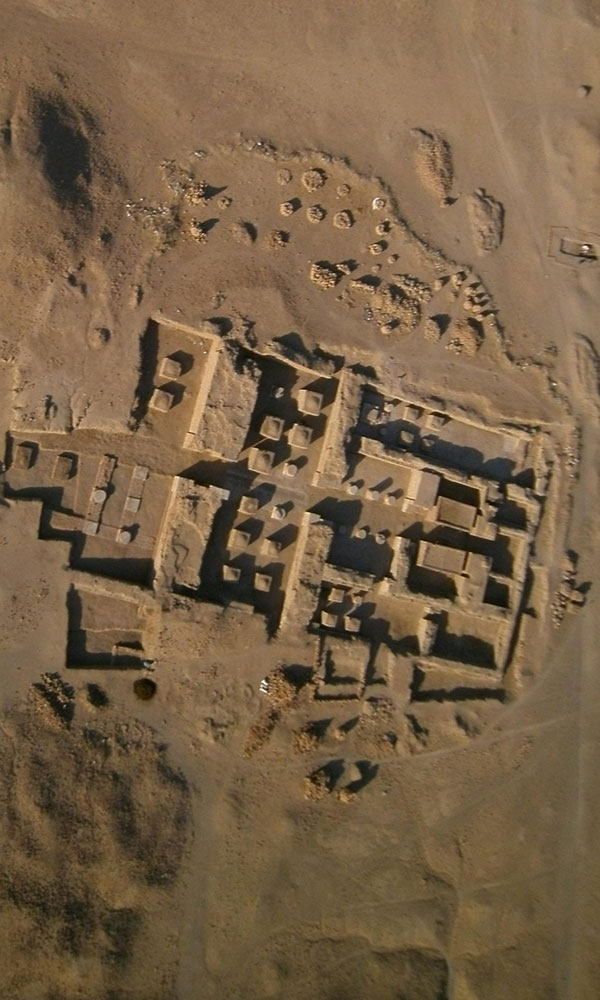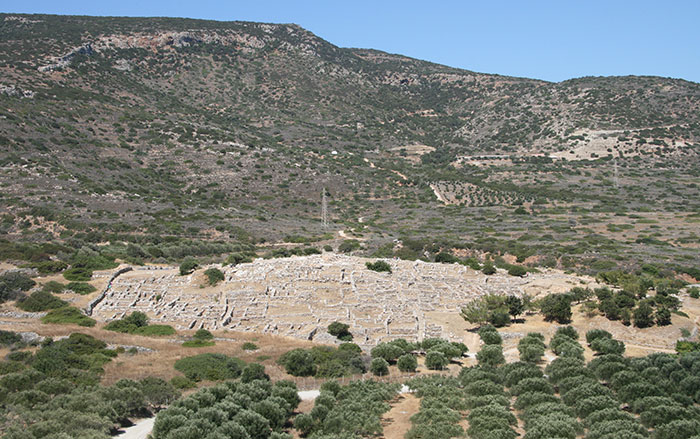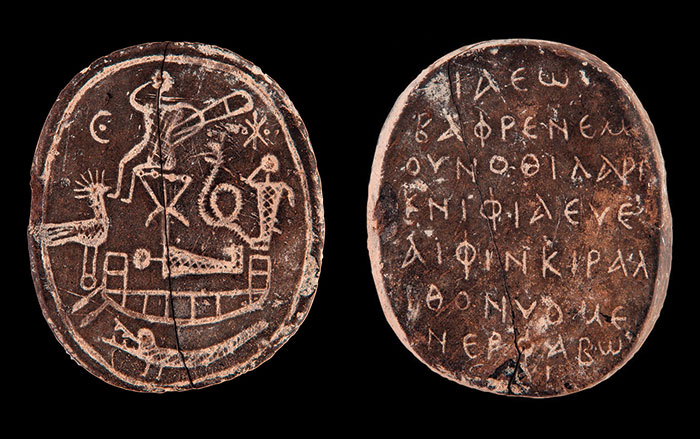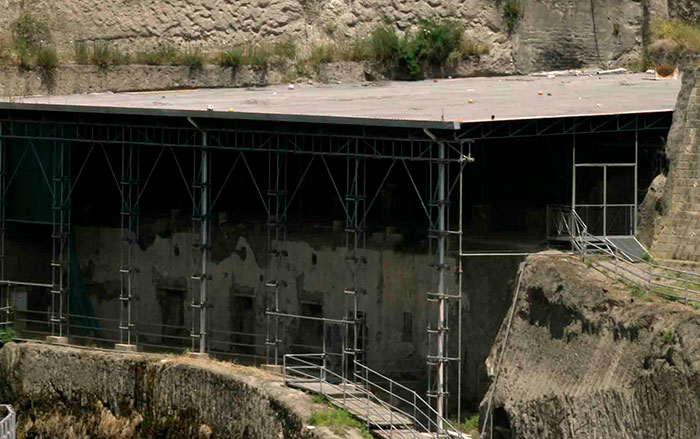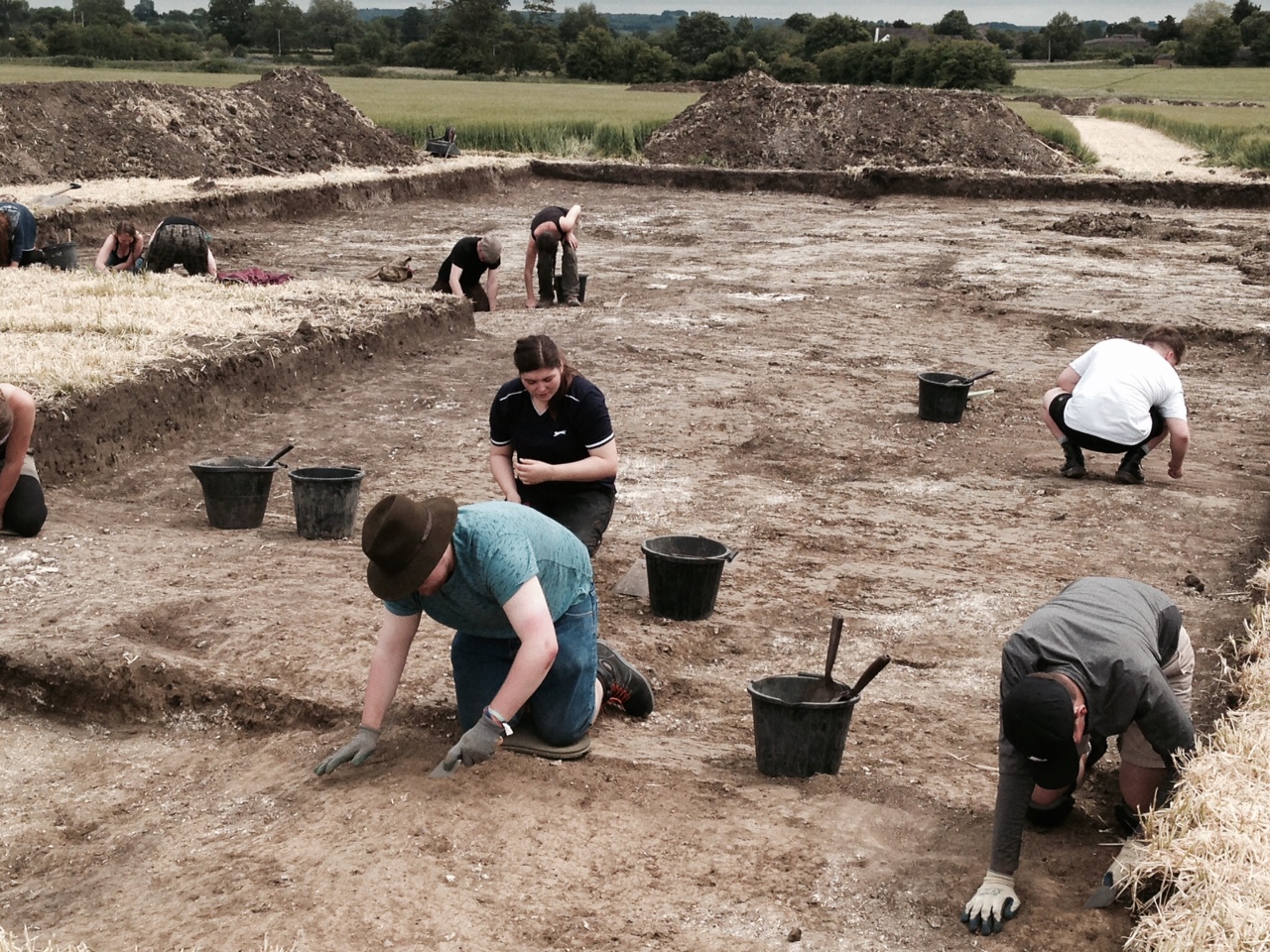
READING, ENGLAND—A team led by archaeologists from the University of Reading has just begun an excavation of a Neolithic building at Marden Henge in the Vale of Pewsey. Constructed in 2400 B.C., the earthworks is the largest henge in England, yet very little is known about it. The people who used the building may have even participated in the construction of Stonehenge. “Marden Henge is located on a line which connects Stonehenge and Avebury. This poses some fascinating questions. Were the three monuments competing against each other? Or were they used by the same communities but for different occasions and ceremonies? We hope to find out,” archaeologist Jim Leary said in a press release. The Vale of Pewsey was also inhabited during the Roman and medieval periods. “One of the many wonderful opportunities this excavation presents is to reveal the secret of the Vale itself. Communities throughout time settled and thrived there—a key aim of the dig is to further our understanding of how the use of the landscape evolved—from prehistory to history,” he said. To read more about recent discoveries in the area, go to "Under Stonehenge."


